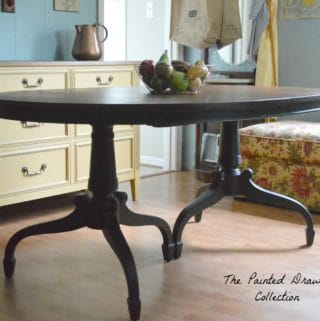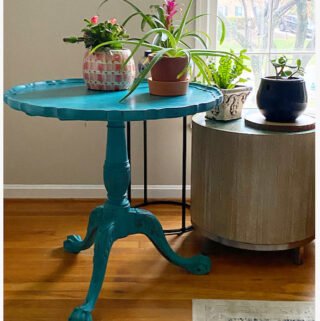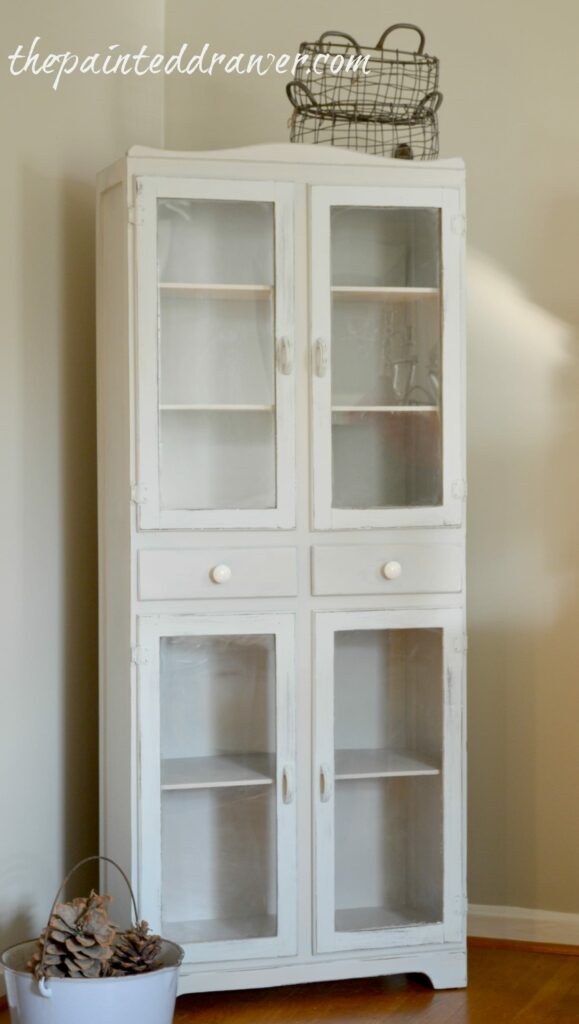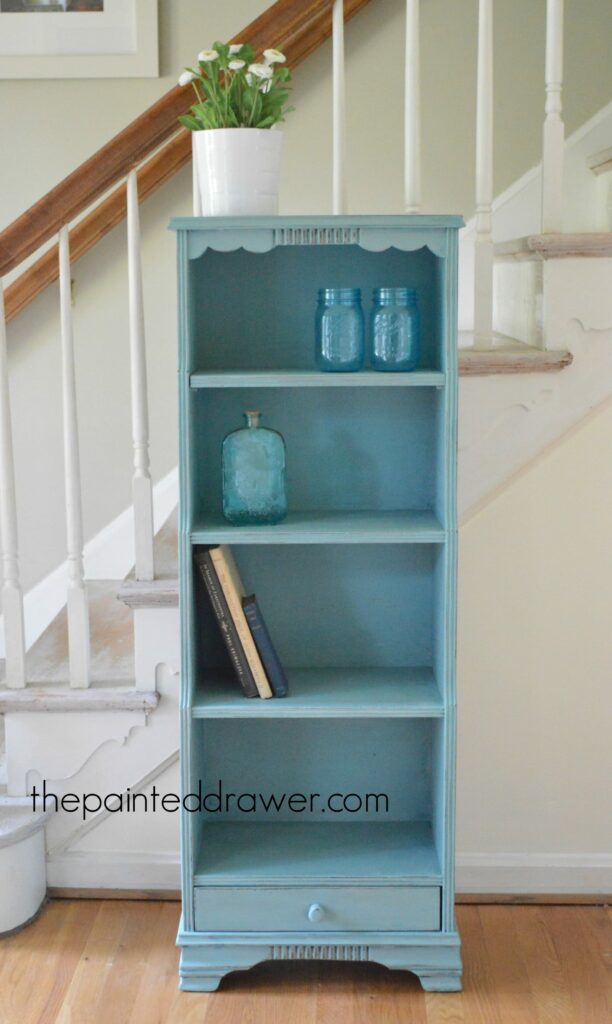The state of the environment is becoming more important as we become collectively more educated about the impact of humanity on our world. As individuals we can all do our bit, especially in the garden.
The garden is actually a great place to start creating a sanctuary for wildlife. Gardens typically have a greater variety of plants and animals than a similarly-sized random patch of land somewhere n the countryside. Backyards are ecologically significant.
So what can you do to create a happy, eco-friendly garden? Let’s take a look.
Select Eco-Materials
There’s no point trying to create a sustainable eco-garden if your decking came from chopped down rainforest. It just doesn’t make sense. What you want are materials that are sustainably and responsibility sourced, preferably from recycling.
In the past, you didn’t have a lot of choice, but now there are dozens of companies offering eco-friendly garden materials. Green products include cob, oak, log walls, willow, straw bales, and rammed earth.
Use Organic Lawn Products
A homeowner’s desire to have the perfect lawn isn’t going to disappear. But the problem with lawns today is that many people are applying herbicides and pesticides which could potentially damage habitats and ecosystems. Is there a way to have a perfect lawn without the environmental fallout?
The answer seems to be “yes.” Chem-free pest control, a pest control company, says that you can now get products that will keep your lawn free of pest, like insects, while at the same time, leaving minimal impact on the surrounding ecosystem.
Start Conserving Water
Water conservation is becoming a significant issue, especially in the west as freshwater supplies become depleted. But how are you supposed to save water in your garden?
- Water in the morning early. Watering in the middle of the day isn’t a good idea. All that happens is that the water you put on the ground evaporates in direct sunlight and never gets to where you want it to go: the tissues of your plants. Watering in the morning, however, gets around this problem. The sun is not yet strong enough to dry out the soil, providing plenty of time for moisture to permeate the roots.
- Avoid sprinklers. Sprinklers help to keep your lawn nice and lush during a drought, but they’re certainly not green. Check which plants are hardy and can withstand long spells of dry, hot weather and water all the rest with a regular watering can or hose, focusing on the roots.
- Repair your pond liner. Leaky pond liners are probably responsible for more wasted water than any other item in the garden. Replace where possible.
Put An Eco-Roof On Your Shed
Eco-roofs have several advantages. First, they help to reduce water run-off, increasing the lag between the storm peak and the peak of the flood. Eco-roofs also look great and help to reduce pollution: ideal if your home is close to a busy road.
Please note that some of the links above and below are affiliate links, and at no additional cost to you. All opinions are my own.








